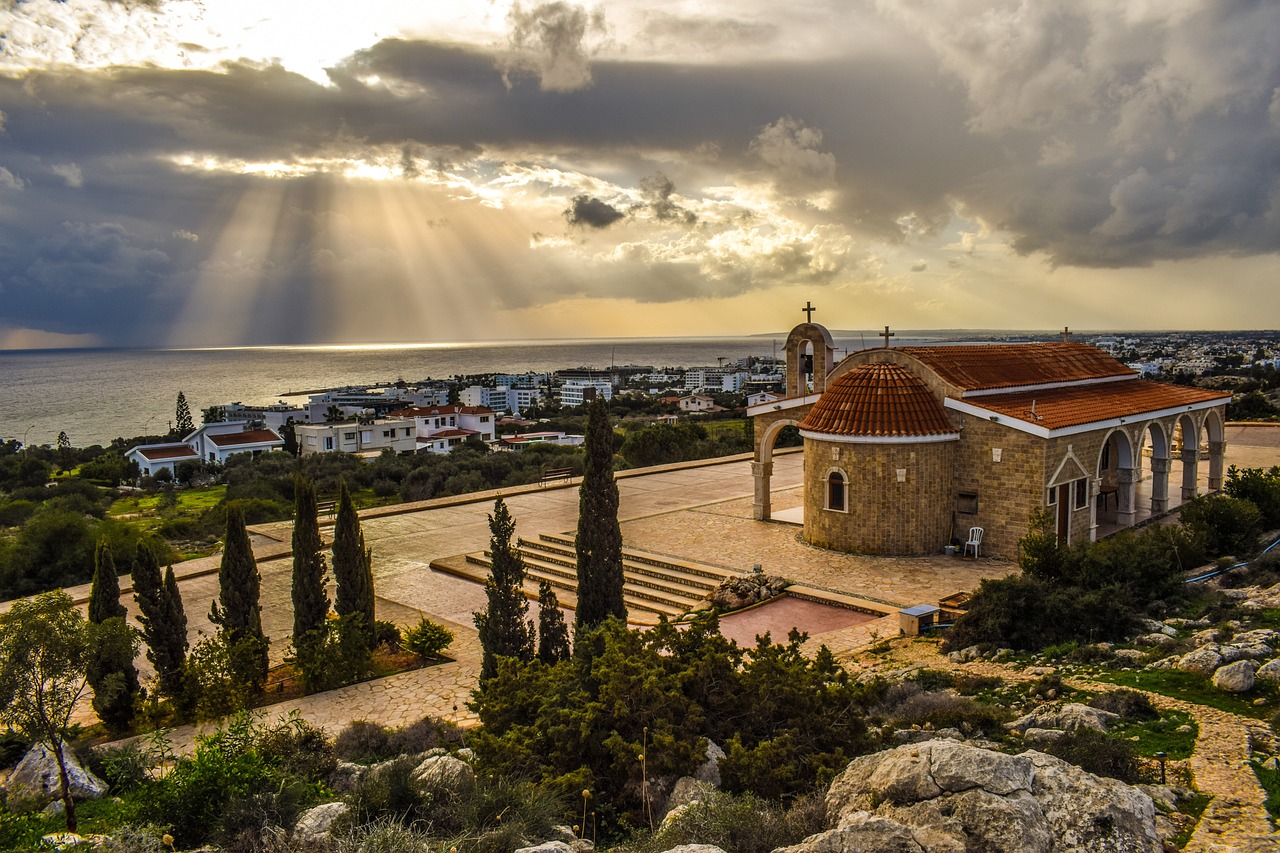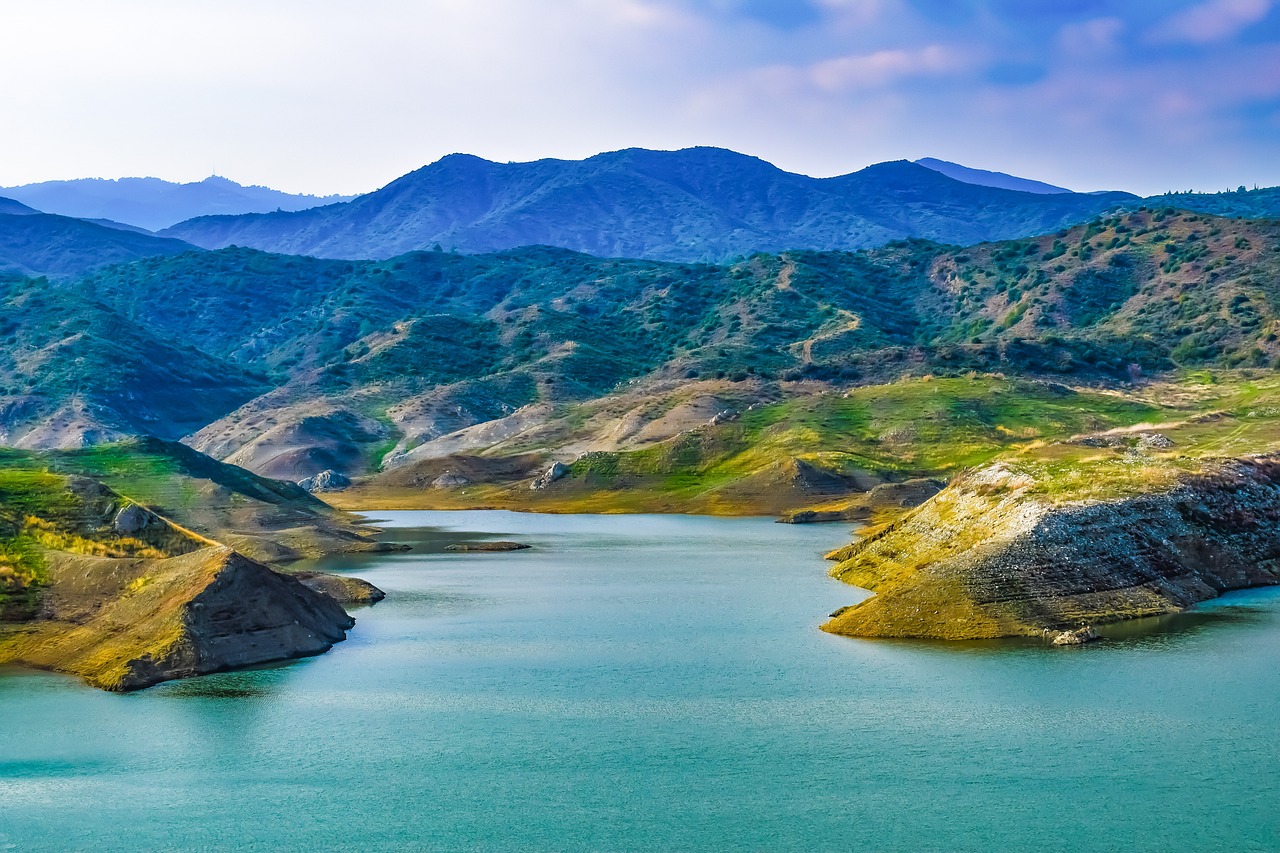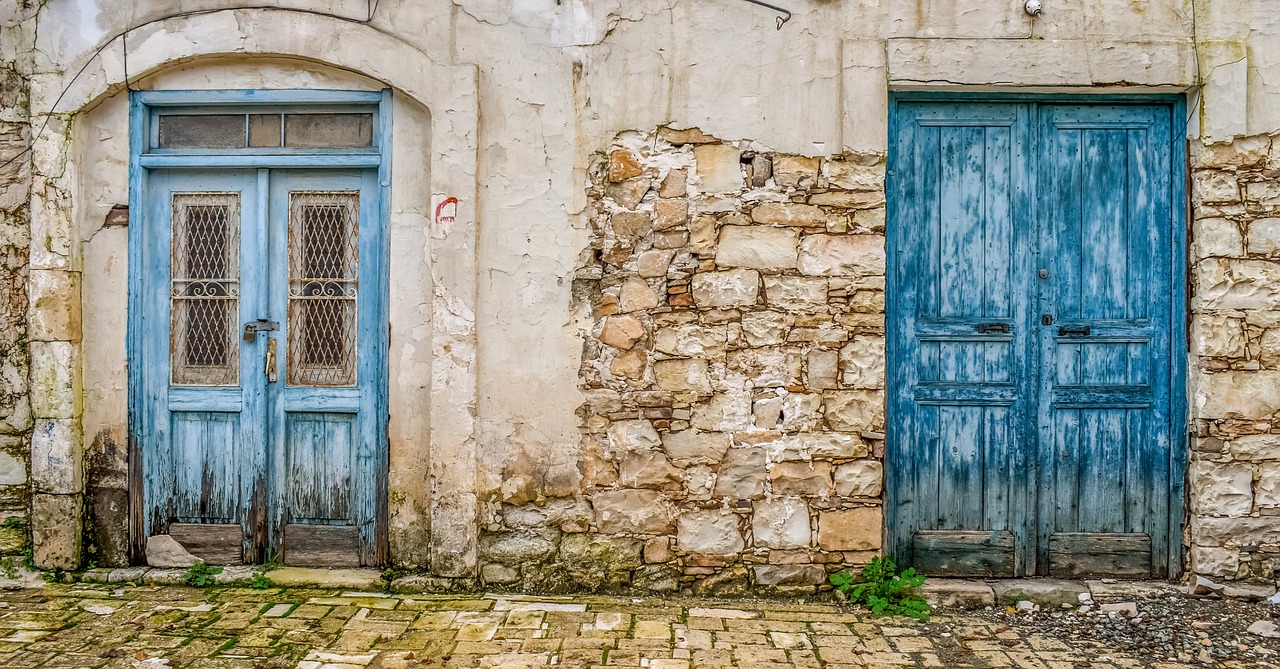Cultural Sensitivities: Understanding Local Norms in Cyprus
Cyprus, a beautiful island country located in the Eastern Mediterranean, is known for its rich history, stunning landscapes, and warm hospitality. To fully enjoy your visit to Cyprus, it is essential to understand and respect the local norms and cultural sensitivities. This article aims to provide you with a comprehensive guide to navigating the cultural landscape of Cyprus.
Traditional Cypriot Cuisine
When it comes to experiencing the local culture, food plays a vital role. Cypriot cuisine is a reflection of the island’s history and diverse influences. Here are some traditional Cypriot dishes you must try during your visit:
- Moussaka: A hearty dish made with layers of eggplant, minced meat, potatoes, and béchamel sauce.
- Souvlaki: Grilled skewers of marinated pork or chicken served with pita bread, tzatziki sauce, and a variety of fresh vegetables.
- Halloumi cheese: A semi-hard cheese made from a mixture of sheep’s and goat’s milk, often grilled or fried and served as a delicious appetizer or salad topping.
- Meze: A traditional Cypriot dining experience consisting of numerous small dishes, including dips, salads, grilled meats, and seafood.
Cultural Etiquette and Customs
To show respect for the local culture and customs in Cyprus, it is important to be aware of the following etiquette guidelines:
- Greetings: When meeting someone for the first time, a handshake is the most common form of greeting. Address people by their titles (Mr., Mrs., or Miss) followed by their last name.
- Personal Space: Cypriots value personal space. Avoid standing too close or touching someone unless you have a close relationship with them.
- Dress Code: While Cyprus is a popular tourist destination, it is respectful to dress modestly, especially when visiting religious sites or rural areas.
- Table Manners: When dining, wait for the host to begin eating before you start. It is considered polite to finish everything on your plate.
Religious Practices
Cyprus is home to a diverse population with various religious beliefs. The two dominant religions are Greek Orthodoxy and Islam. Here are some key points to keep in mind:
- Greek Orthodox Christianity: If you visit a Greek Orthodox church, dress modestly and be respectful of ongoing religious services. Avoid taking photographs unless permitted.
- Islam: If you visit a mosque, remove your shoes before entering, dress modestly, and respect the prayer times. Non-Muslims are generally not allowed to enter during prayer times.
Celebrations and Festivals
Cyprus is known for its vibrant celebrations and festivals, which provide a unique insight into the local culture. Here are some notable festivals to look out for:
- Kataklysmos: Also known as the Flood Festival, it is celebrated in June with traditional music, dancing, and water-related activities.
- Carnival: Taking place in February or March, Carnival is a lively event featuring parades, costumes, and parties across the island.
- Easter: Easter is a significant religious celebration in Cyprus. Attend church services and witness the traditional midnight candle-lit processions.
Art and Handicrafts
Cyprus has a rich artistic heritage, with various traditional crafts still practiced today. Some popular art forms and handicrafts include:
- Lefkaritika Lace: Lefkara village is renowned for its delicate lacework, which has been recognized by UNESCO as an Intangible Cultural Heritage of Humanity.
- Pottery: Visit the village of Ayios Dimitrios to witness the traditional pottery-making process and purchase unique ceramic pieces.
- Woodcarving: Explore the Troodos Mountains to find skilled woodcarvers producing intricate designs on furniture and decorative items.
Environmental Considerations
Cyprus is blessed with stunning natural landscapes, and it is crucial to preserve its beauty for future generations. Here are some environmental considerations:
- Beach Cleanliness: Respect the environment by not littering and disposing of waste properly. Many beaches in Cyprus have Blue Flag status for their cleanliness.
- Nature Reserves: When visiting nature reserves and protected areas, follow the designated trails and avoid disturbing the wildlife or plants.
- Water Conservation: Cyprus experiences water scarcity, so be mindful of your water usage and avoid wasting this precious resource.
Cyprus Image 1:

Local Traditions and Superstitions
Cyprus has a rich tapestry of local traditions and superstitions that are still observed by many. Here are a few intriguing examples:
- Evil Eye: It is believed that certain individuals possess the power to cast the evil eye, causing harm or misfortune. To ward off the evil eye, people often wear blue beads or display them in their homes.
- Wedding Customs: Cypriot weddings are elaborate affairs, often lasting several days. Traditional customs include the “money dance,” where guests pin money onto the bride and groom’s clothes as a gift.
- New Year’s Customs: On New Year’s Day, it is customary to bake a Vasilopita cake with a hidden coin inside. The person who finds the coin is believed to have good luck for the year.
Cyprus Image 2:

Gender Roles and Social Etiquette
While Cyprus is a modern society, traditional gender roles and social etiquette still play a part in daily interactions. Here are some insights into Cypriot culture:
- Greetings and Gestures: Men often greet each other with a firm handshake, while women may exchange kisses on the cheek. Public displays of affection are generally not common.
- Gender Roles: Traditional gender roles still influence certain aspects of Cypriot society, such as expectations regarding household chores and child-rearing.
- Conservative Attire: In more conservative areas, women may feel more comfortable dressing modestly to avoid unwanted attention.
Respecting the Language
The official languages of Cyprus are Greek and Turkish, depending on the region. While English is widely spoken, learning a few basic phrases in Greek or Turkish can go a long way in showing respect for the local culture.
- Greek Phrases: Learn simple greetings like “Yasou” (hello) and “Efharisto” (thank you) to engage with locals.
- Turkish Phrases: If visiting the northern part of Cyprus, familiarize yourself with Turkish phrases such as “Merhaba” (hello) and “Tesekkür ederim” (thank you).
Cyprus Image 3:

Conclusion
By understanding and respecting the cultural sensitivities and local norms in Cyprus, you can ensure a more meaningful and enjoyable experience during your visit. From savoring traditional cuisine to embracing local traditions, Cyprus has a rich tapestry of culture waiting to be explored and appreciated.
References
– Visit Cyprus: www.visitcyprus.com
– Cyprus Tourism Organization: www.visitcyprus.com
– Cultural Etiquette: www.culturalelements.com
– Traditional Cypriot Cuisine: www.mediterraneandish.com
– Cyprus Religious Practices: www.cyprusisland.net
– Cyprus Festivals: www.cyprusevents.net
– Cypriot Handicrafts: www.mallofcyprus.com
– Environmental Considerations: www.greenlinecyprus.com
– Cypriot Traditions and Superstitions: www.cyprusisland.net
– Gender Roles in Cyprus: www.worldtravelguide.net

